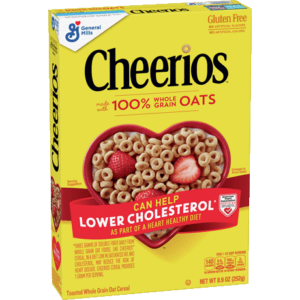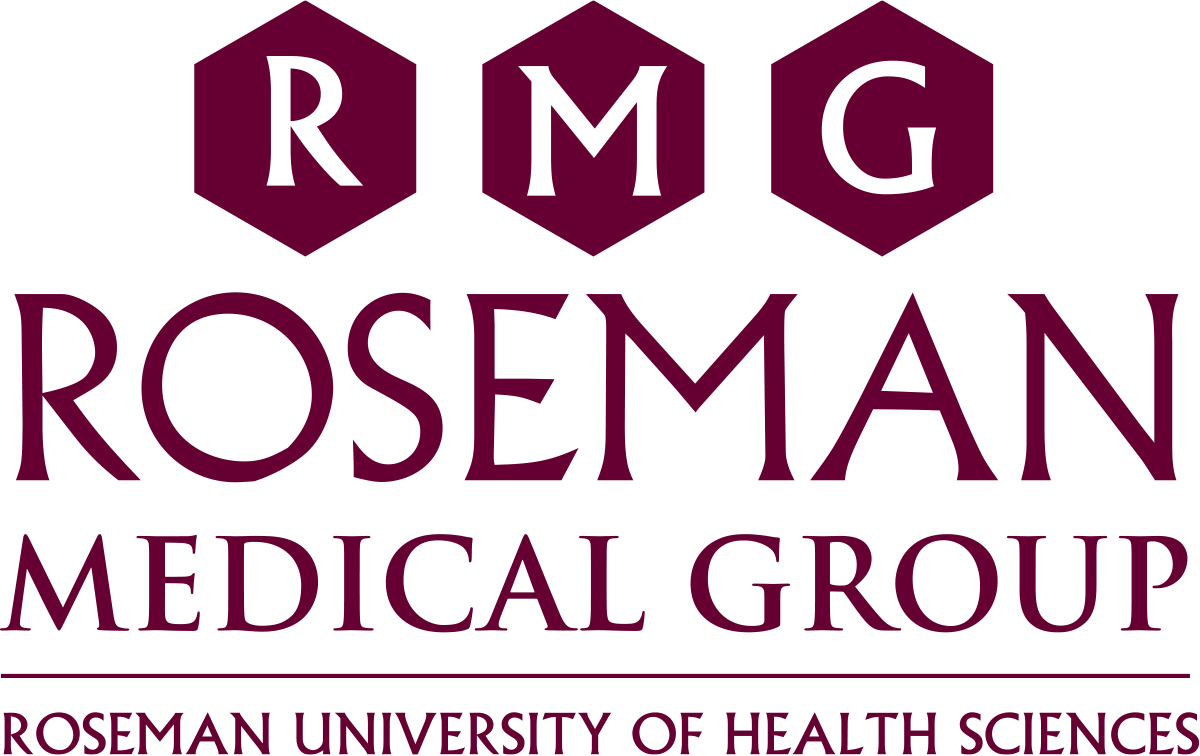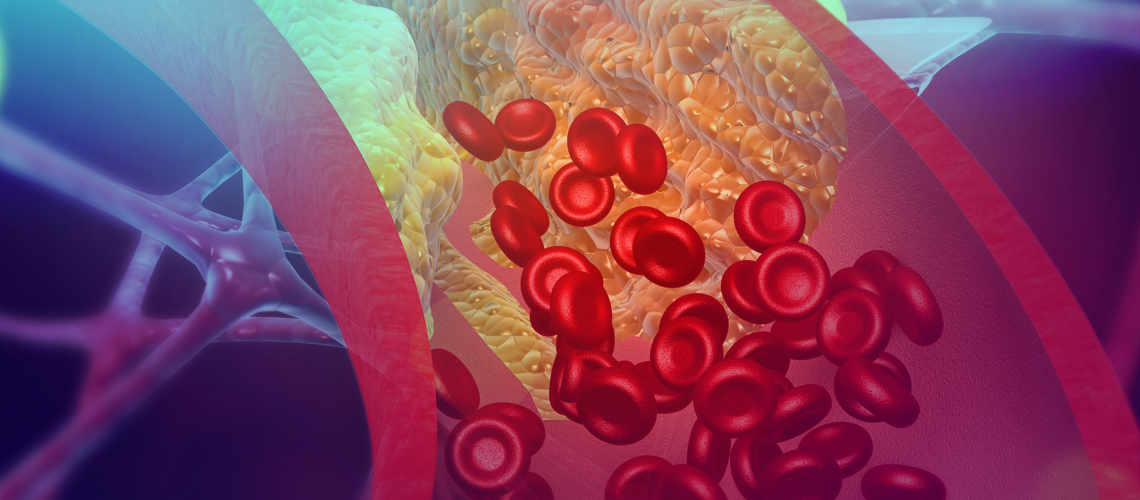Many associate the bright yellow Cheerios cereal box with heart-healthy claims and promises to reduce Cholesterol. Towards the end of the 20th century, American consumers were barraged with “healthy” food claims made by packaged goods food advertisers, largely as a result of the FDA’s 1999 approval of the claim that “a diet rich in whole grain foods and other plant foods and low in saturated fat and cholesterol may reduce the risk of heart disease and some cancers.” But in 2009, the FDA pushed back  on Cheerios’ expanded claims and asked General Mills to revise its advertising which stated that consuming Cheerios could “reduce cholesterol by 4 percent in 6 weeks” stating that only pharmaceutical companies could make such specific claims.
on Cheerios’ expanded claims and asked General Mills to revise its advertising which stated that consuming Cheerios could “reduce cholesterol by 4 percent in 6 weeks” stating that only pharmaceutical companies could make such specific claims.
It was in this era that consumers became much more aware of their diets in relation to whole grains, fat, and cholesterol. The 1990’s shepherded in an era of the food industry’s promotion of low-fat, fat-free processed foods full of sugar — who remembers Snackwells and Olestra?
Despite this era of confusing health claims, healthy whole grains are, in fact, recommended as part of an overall strategy in reducing cholesterol given their high-fiber qualities. But cholesterol remains a confusing topic for consumers and patients. Some doctors feel that cholesterol has been unfairly vilified, and that has led to confusion.
Cholesterol is implicated in the pathology of plaque formation when, according to Dr. Arup Chakraborty, PhD, Associate Professor of Pharmaceutical Sciences, it is also one of the most essential molecules in the human body. Cholesterol is an essential biomolecule that allows for the maintenance and proper structure and function of the body, essential for survival.
Doctors recommend that patients over 20 get a lipid panel, completed during a routine blood draw, once every three years to better understand their levels of HDL, LDL, Triglycerides, and total cholesterol. Low density lipoproteins (LDL cholesterol) have been named incorrectly “bad cholesterol” when, in reality, it is a lipoprotein carrier that is extremely important in the transportation of cholesterol across the body. LDL is only “bad” when it becomes too high, with healthy ranges below 190. High density lipoproteins (HDL cholesterol) protect against heart disease by filtering LDL and preventing it from building up in arteries. Healthy ranges for HDL in men are below 40 mg/dl and for women below 50 mg/dl. Triglycerides are the form in which most fat exists in food and in the body. Higher ranges of Triglycerides (above 150) are associated with higher risk of heart disease. Total blood cholesterol, another important measure, is a measure of HDL, LDL, and other lipid components.
Numbers alone do not equate  to risk. Rather, results of a lipid panel, in concert with other factors such as age, blood pressure, smoking status and use of blood pressure medications, create a fuller picture of risk of heart disease.
to risk. Rather, results of a lipid panel, in concert with other factors such as age, blood pressure, smoking status and use of blood pressure medications, create a fuller picture of risk of heart disease.
Coronary Heart Disease (CHD) is a condition where atherosclerotic plaque builds up in the coronary arteries of the heart which supplies oxygen. CHD can cause chest pain, shortness of breath, and even a heart attack. Those with diabetes are also at increased risk as diabetic patients have smaller LDL particles or sdLDL.
Treatment for those with risks of CHD often include the use of Statins. They are low in cost, taken orally, and have been thoroughly researched for safety and efficacy. There are other medications used and many more in different phases of clinical trials. Other approaches include smoking cessation, modifications to diet, and increase in exercise. Physical activity helps reduce the lipid profile by utilizing more cholesterol precursors and glucose for energy. Healthy diets full of fruits, vegetables, whole grains and fiber can decrease the intestinal absorption of cholesterol and reduction in LDL. Phytosterols can also reduce cholesterol by inhibiting absorption in the GI tract and are naturally found in vegetable, olive and nut oil and have high concentrations in legumes, nuts, seeds, and whole grains.
Cholesterol is an essential building block of the human body. If you have any concerns about cholesterol or wish to discuss your risk of CHD, speak to your RMG healthcare provider.
Article by Vanessa Maniago with Dr. Arup Chakraborty


